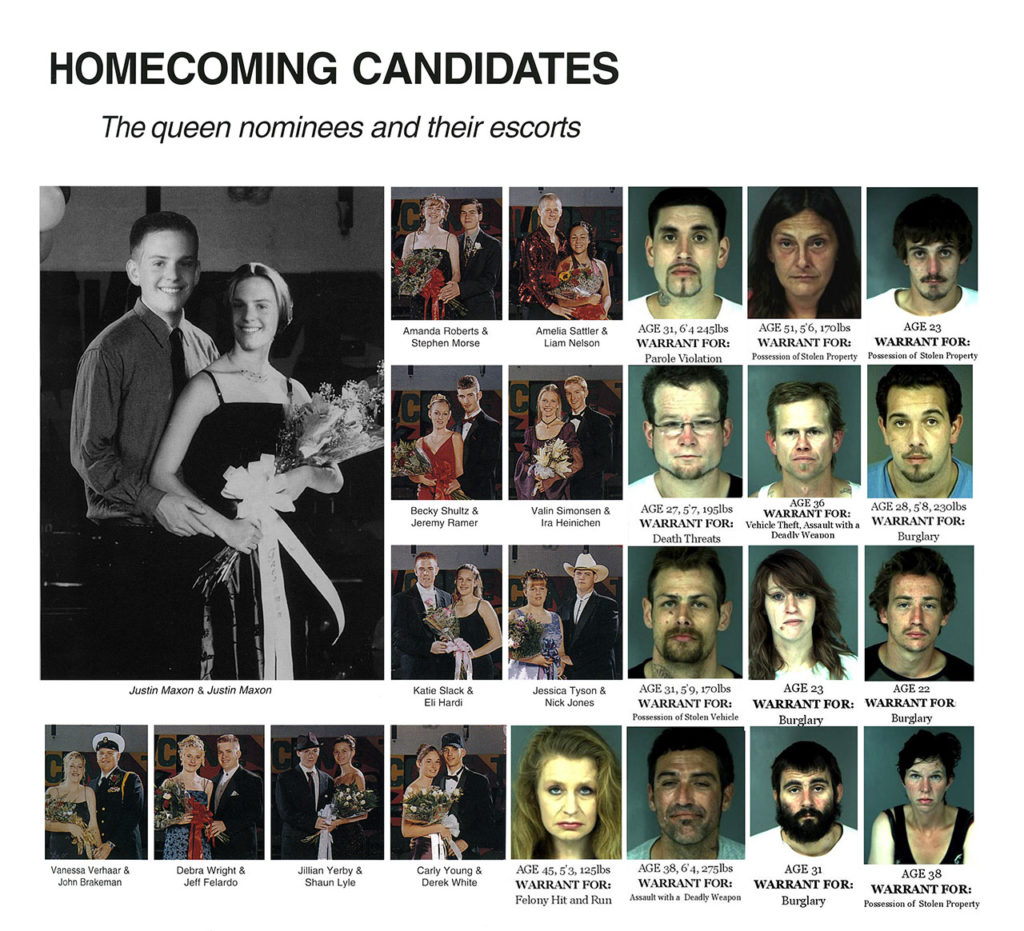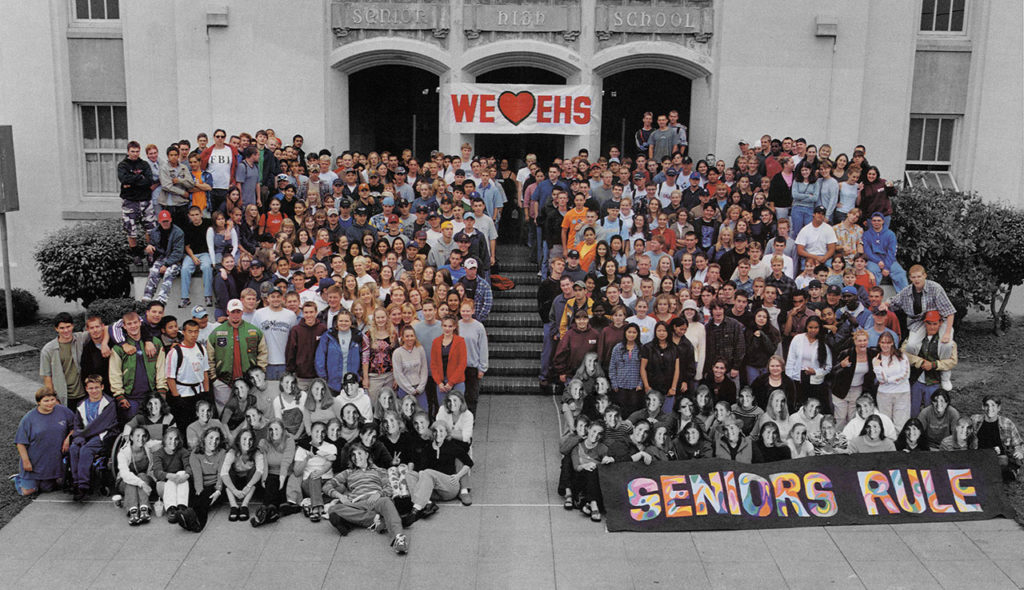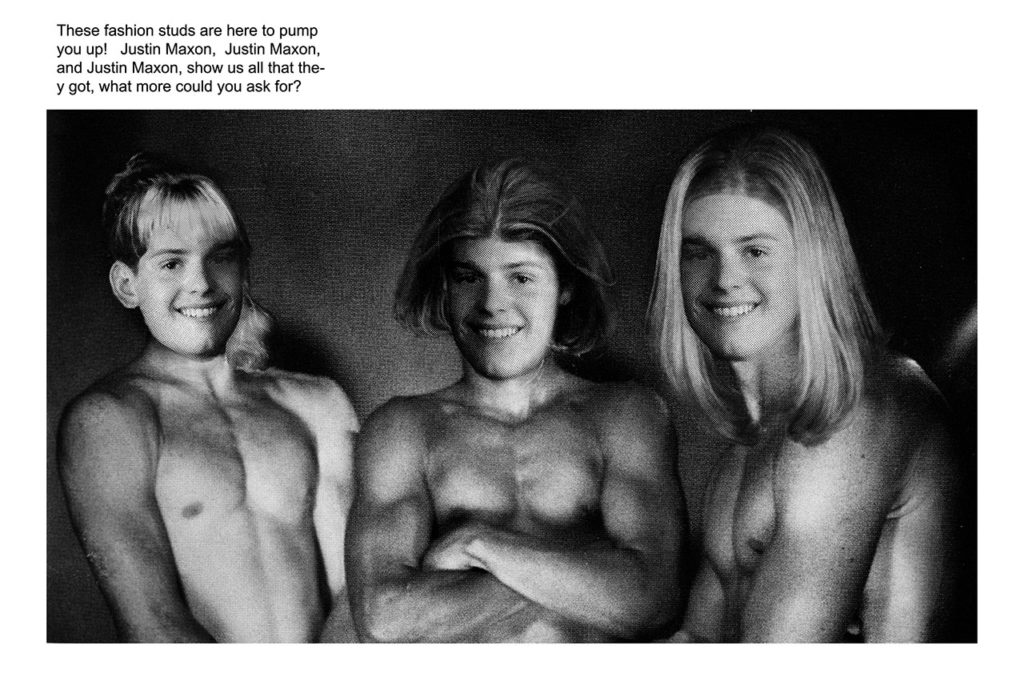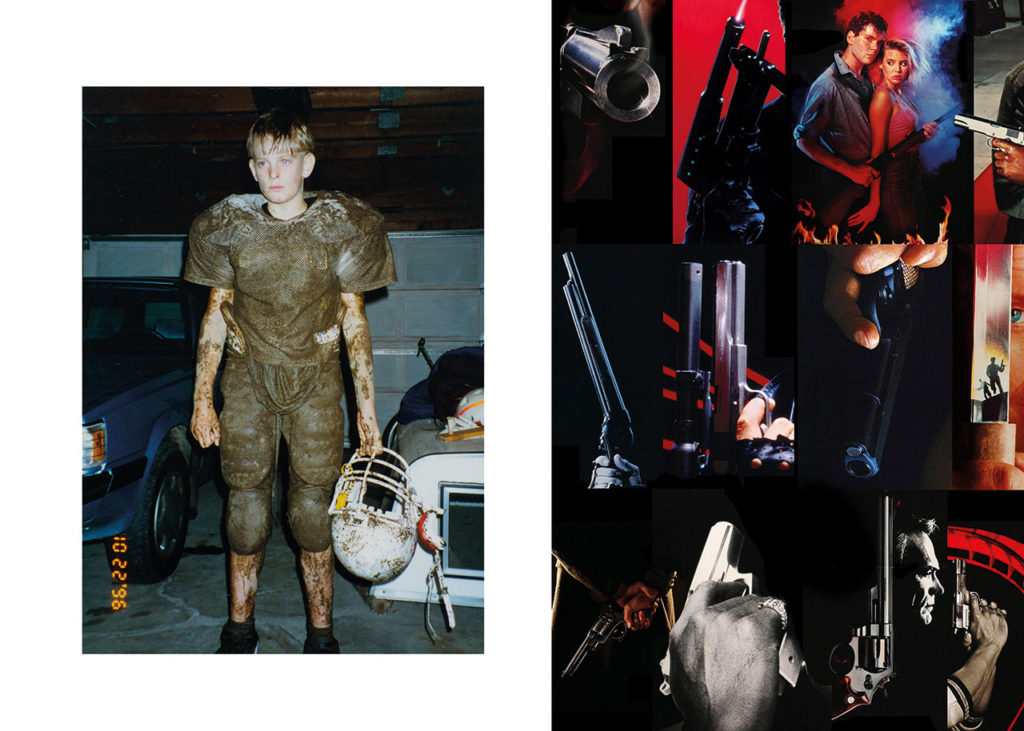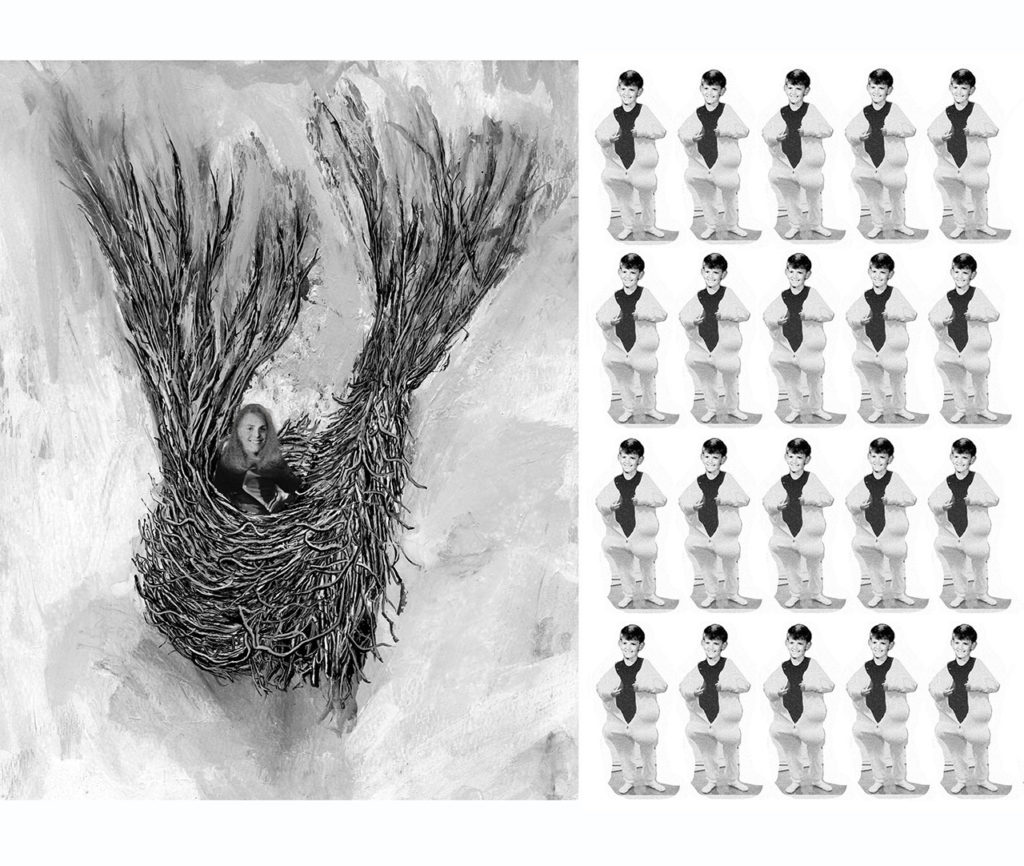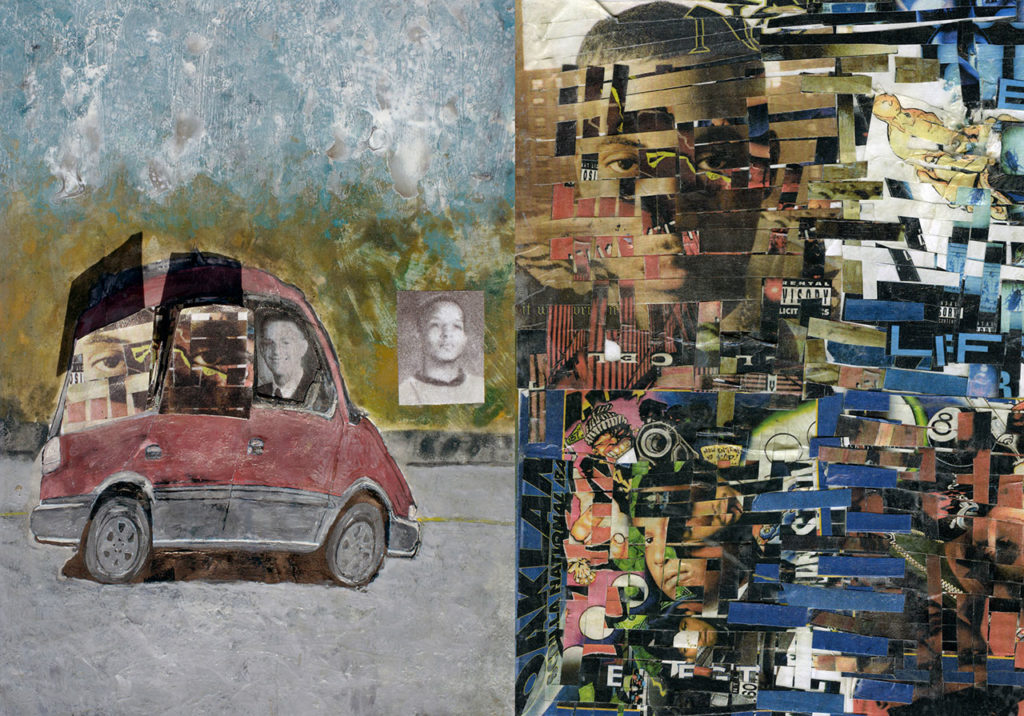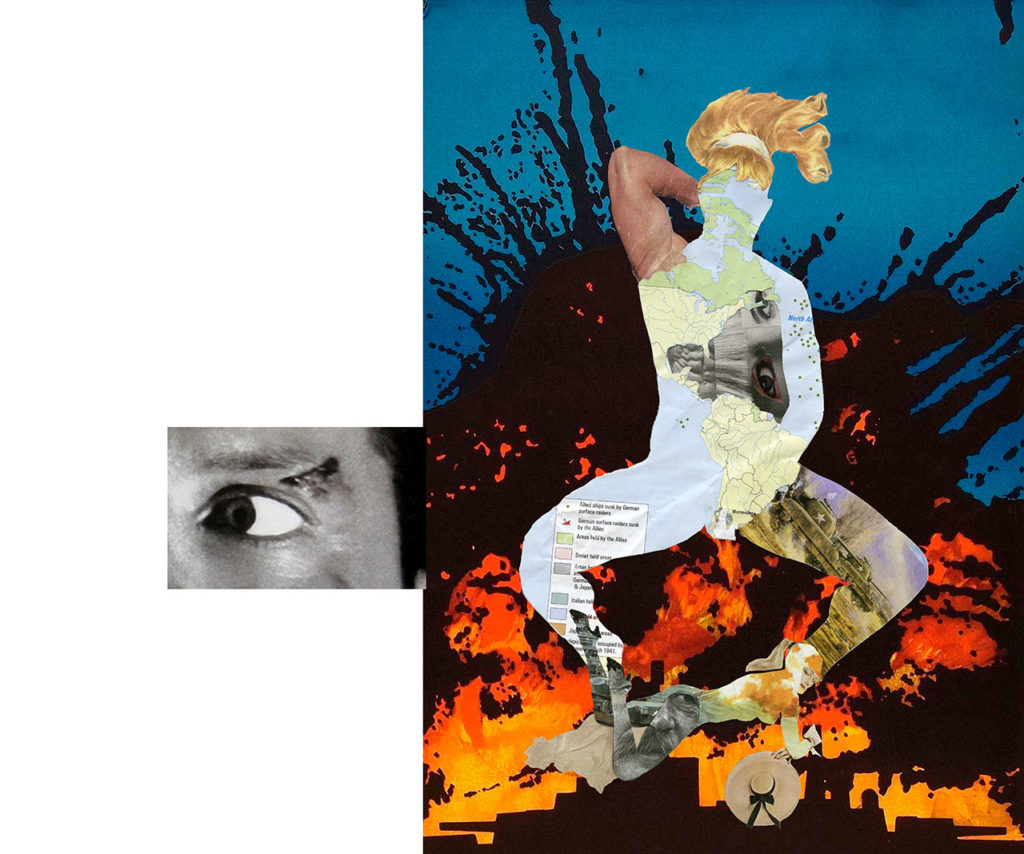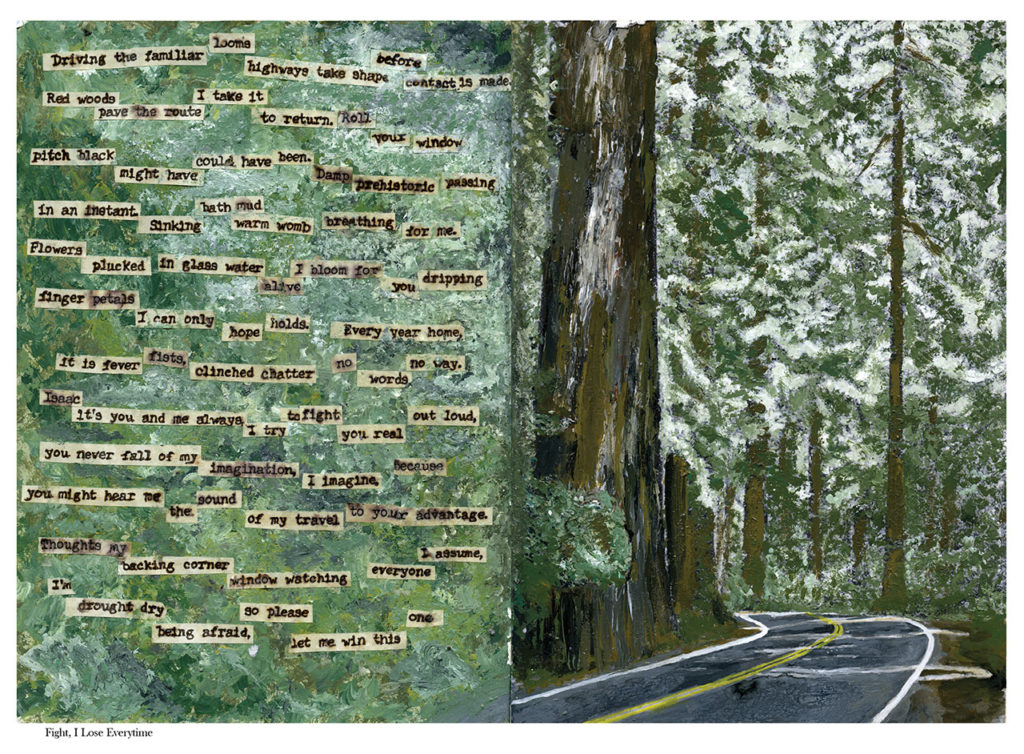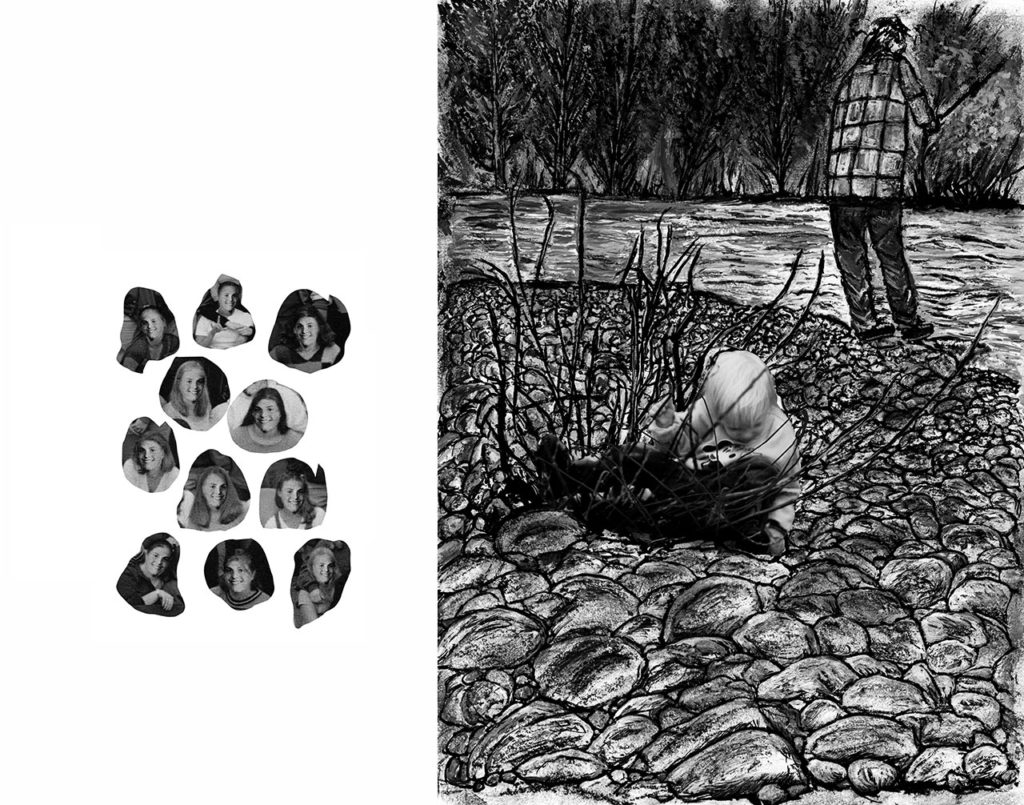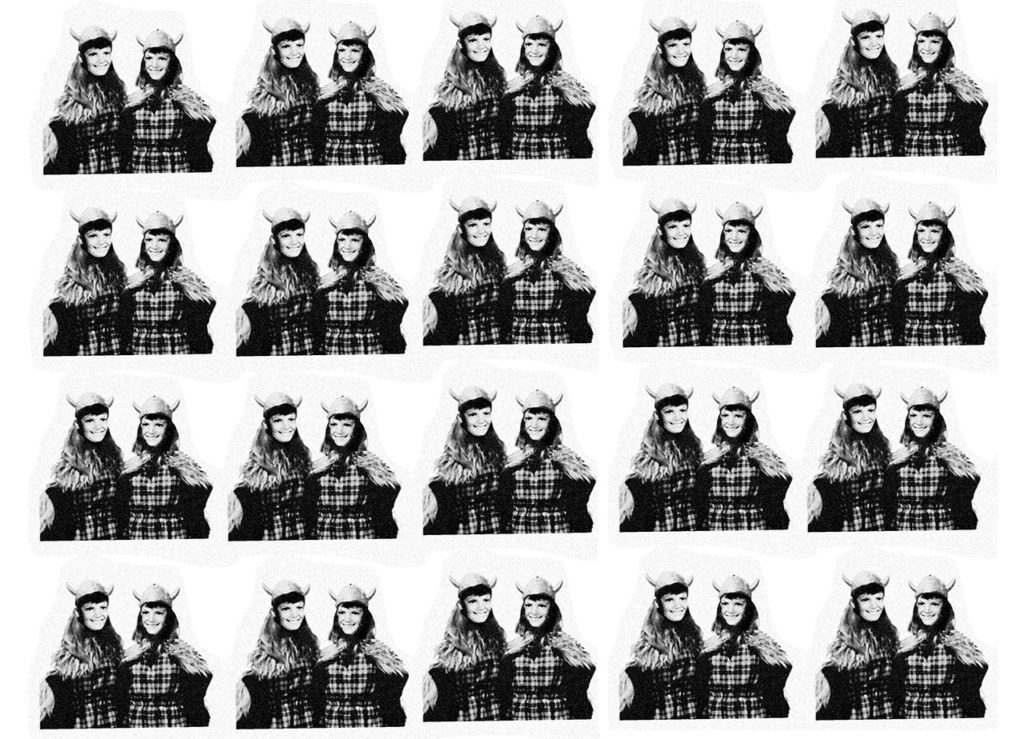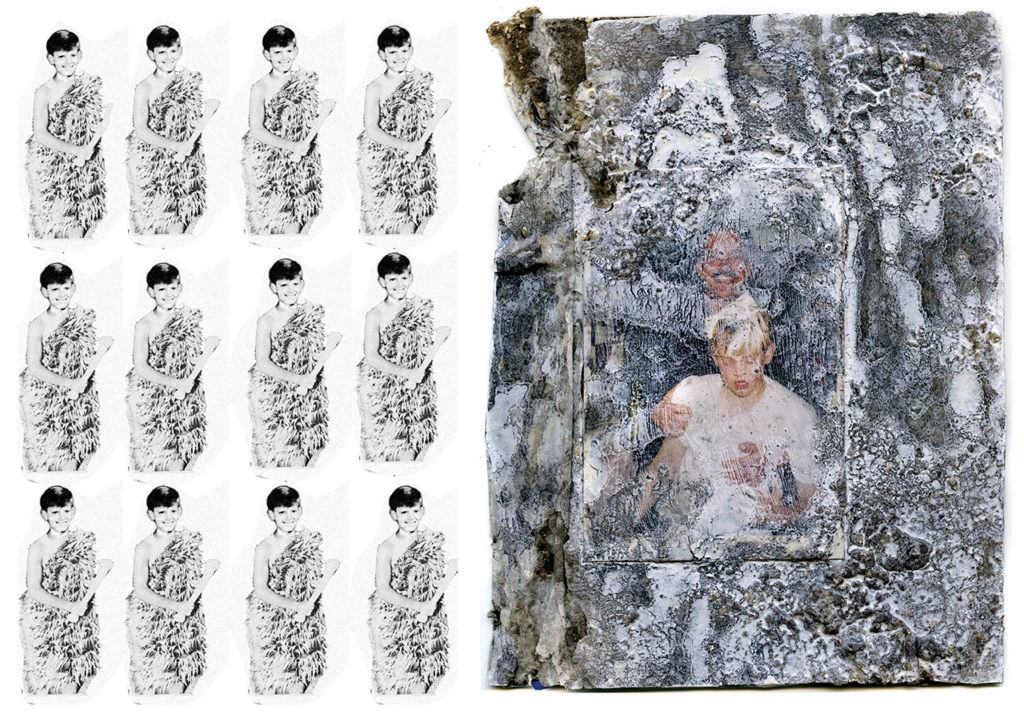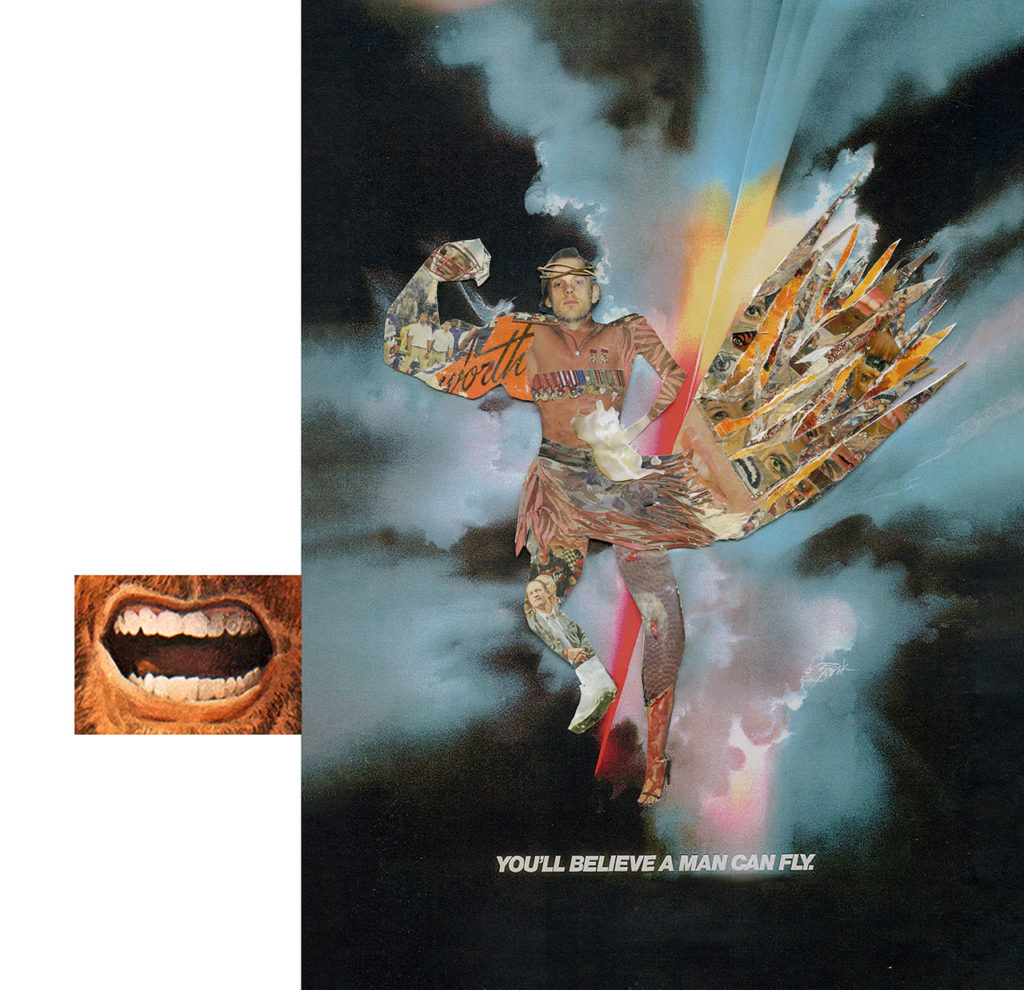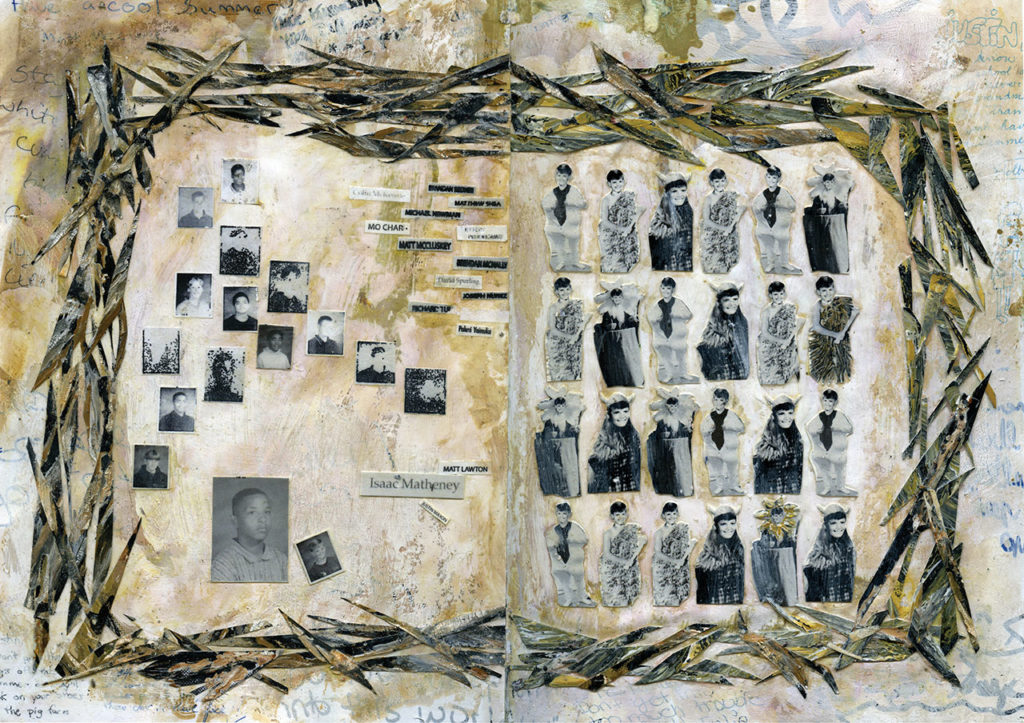Justin Maxon –
Sissy Boy Sweet
Audio Guide read by Frederik Busch
Justin Maxon (USA)
Justin Maxon was born and raised in a number of small towns in the woods of northern California, U.S.A. where he grew up part-time on the Hoopa Valley Indian Reservation.
He was awarded numerous grants and awards, among them two 1st place awards from World Press Photo, the Aaron Siskind Foundation Fellowship, a Magnum Foundation Emergency Fund Grant, and the Alexia Foundation for World Peace Professional Grant. His work has been exhibited internationally in the United States, Venezuela, the UK, Poland, Germany, Portugal, Finland, Japan, and Singapore.
Justin about Sissy Boy Sweet
Power is what? Control over the time, space, and bodies of human interaction? Giving power away comes effortlessly. The pathway to get it back is to return in time to images both personal and cultural; iconic childhood references, lost family photographs, childhood yearbooks.
Where children smash against and into each other with smiling faces, flawless in framed childhoods. My childhood was not a fashioned beauty. I was terrorized for being a boy others did not want me to be. Sissy Boy Sweet seeks to confront the hegemony of masculinity that defines the viable traits of manhood, which cracks perception to become the social norms of hyper-masculinity.
Sissy Boy Sweet dives into the landscape of gender trauma by understanding how the memories of events long past capture themselves inside the imaging of the mind; how that capturing manipulates the physical and internal landscape of the psychosomatic home, and the embodiment of those stories.
The spirit of narrative therapy is the reconstruction of identity by generating alternative possible world semantics: to embrace the sissy boy as the sweet boy and the expansiveness that comes from non-gender conformity. Through reconstructing a fragmented trauma from a larger occurrence, the complete experience may be saved with appropriate sensations; then learning through the softness of understanding accrues, which creates a future guide to engender stability and emotional health.
The Jury Statement
Justin Maxon’s Work “Sissy Boy Sweet” touches us because of its sophisticated, differentiated and consistent aesthetics, which subordinate themselves to the concerns of the artist and refuse photographic conventions. He pays regard to diverse cultures and their inherent strategies to hurt or heal individuals who do not conform to binary gender roles. Maxon reveals the systems underlying these strategies in a unique aesthetic code. The pain, the inner scars of violence, and the desire for healing and harmony can be felt throughout this body of work.

